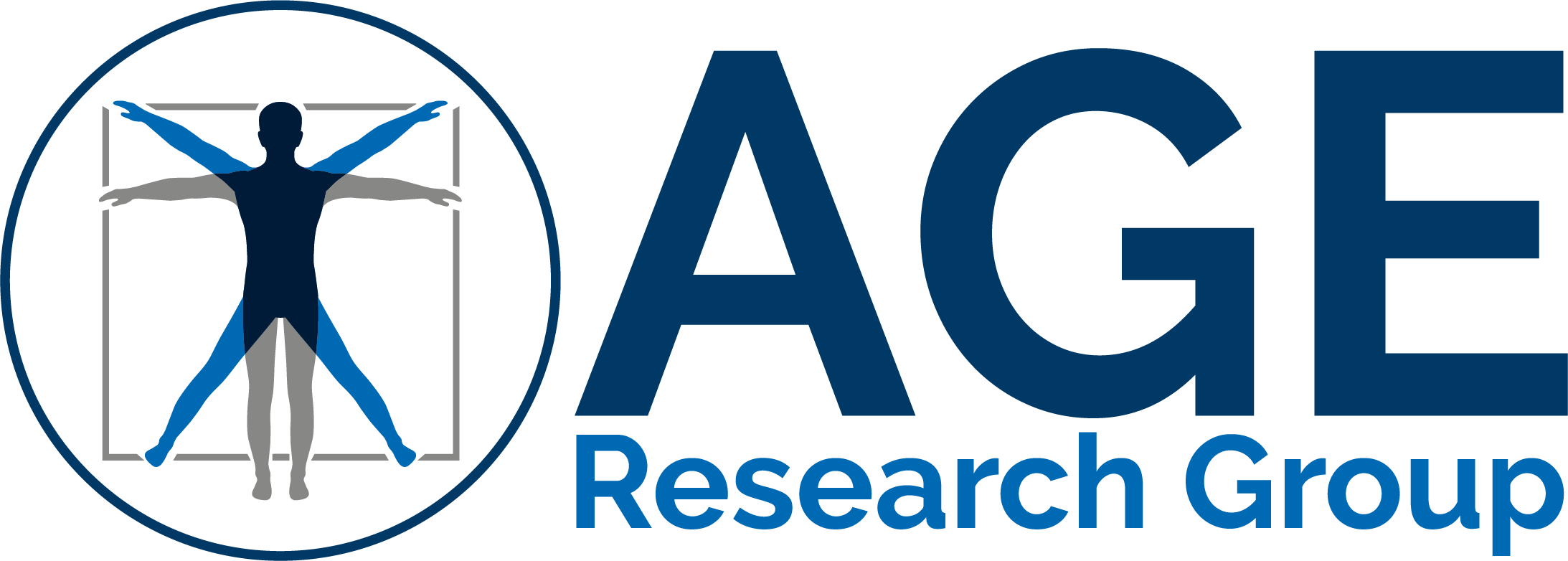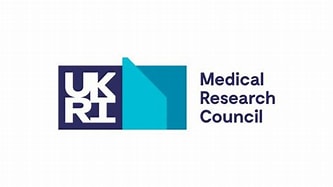News
AGE Research Projects awarded Wellcome Institutional Strategic Support Funding

We are delighted to announce that two AGE Research Group projects have recently been awarded funding through the Wellcome Trust Institutional Strategic Support Fund (WT ISSF) small grant scheme.
The first award was to Dr Christopher Hurst and Dr Richard Dodds to support a new collaboration with Dr Carl Hulston (Senior Lecturer in Sport and Exercise Science, Newcastle University): Establishing and piloting the measurement of skeletal muscle mass using a stable isotope tracer technique. The D3-creatine dilution method is a new way to assess skeletal muscle mass with potential to return highly accurate measurements of muscle mass and without requiring a visit to a clinical research facility to do so. It requires individuals to consume a small dose of labelled creatine and then collect urine for a short period, which is analysed using mass spectrometry. Establishing this technique at Newcastle would be hugely beneficial for future studies examining the effect of different approaches to treating muscle loss, including those carried out with older adults living with sarcopenia and frailty.
The second award was to Dr Karen Suetterlin and Prof. Avan Sayer with Prof Roger Whittaker (Professor of Clinical Neurophysiology, Newcastle University) and Prof Volker Straub (Professor of Neuromuscular genetics, Newcastle University) to support a new project: Characterising sex difference in skeletal muscle excitability from isolated murine muscle to human studies. The goal of this project is to develop techniques that help understand the regulation of electrical activity in skeletal muscle (skeletal muscle excitability). To examine differences in skeletal muscle excitability, Karen will develop and extend the technique of Muscle Velocity Recovery Cycles (MVRCs) to assess changes in the speed at which electrical signals travel along muscle fibres and to investigate differences between men and women. Understanding more about sex differences in skeletal muscle excitability may be important for many conditions including neuromuscular diseases and aging.
Last modified: Thu, 20 Jan 2022 09:06:46 GMT






